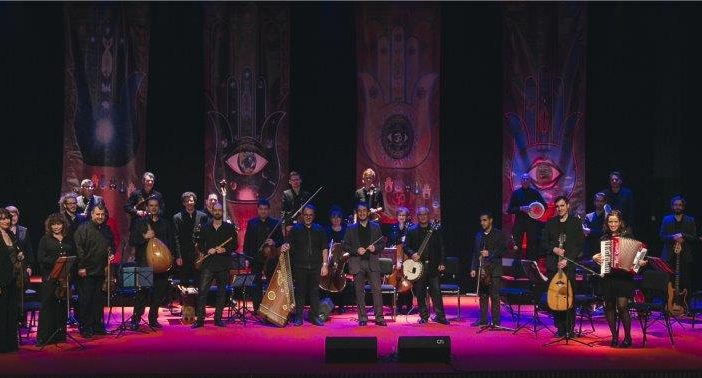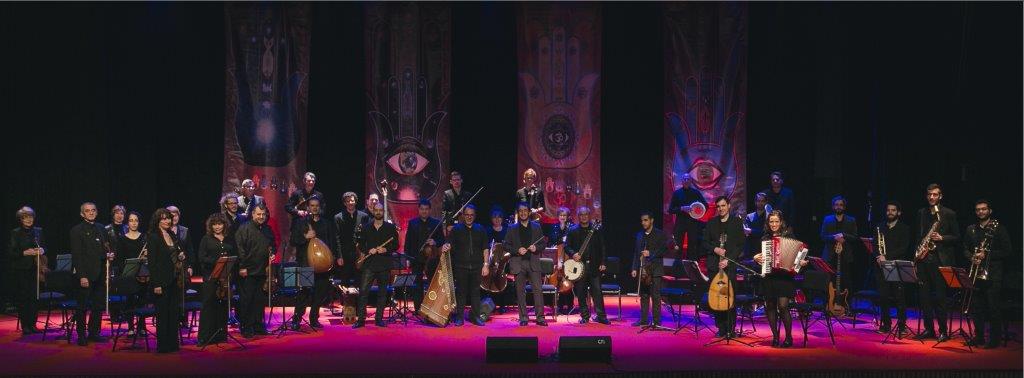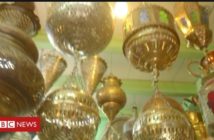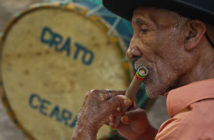ANSAMed.it
by Aldo Baquis
The magic of Andalusian melodies were heard again in Acre (Akko), a city that has represented for centuries an important crossroads of Mediterranean cultures that has hosted the second edition of international festival ‘Arabesque’.
The festival saw the participation of leading artists and orchestras performing classic Arab and Andalusian music: Jews and Arabs, Israelis and Palestinians. Welcoming the public in a courtyard in the open between the Room of the crusaders, just a few steps from the majestic mosque of al-Jazzar, Mayor Shimon Lankri stressed that the objective of events like this one is to ”strengthen solidarity among people and different religions”.
In a conversation with ANSA, the artistic director of ‘Arabesque’ Tom Cohen explained that the festival is part of an attempt to raise awareness on the fact that, beyond the political conflict, a significant part of Israel shares with the Arab world ”the same culture, the same food, the same music”.
If Arabic was once opposed in Israel as the ”language of the enemy” it is today growing in popularity among eastern Jews.
”For me – he observed – it’s the language of my grandfather who came from Iraq”. Organizing the festival has not been easy.
Many invites were rejected by Arab artists. However, Akko saw the presence of Moroccan ‘malhun’ (melodic poem) singer Sanaa Marahati and Violet Salameh, an Arab from Haifa who is popular in Egypt for her interpretation of songs made famous by historic stars of Arab music like Um Kulthum and Muhammed Abdel Wahab. Contact with the public – mainly Sephardic Jews from Arab countries – was immediate. As soon as Maharati said she was born in Sefrou (near Fes) someone from the public said: ”We also come from there”.
With Maharati and Salameh two Israeli stars also performed in Arabic and Hebrew: Miri Mesika (the daughter of a Tunisian Jew) and Sarid Hadad (who grew up in a family in the Caucasus). Also among performers were the orchestras of Arab classical music Firqat al-Nur and Jerusalem East-West. Sometimes their melodies became infused with those coming from mosques, when the muezzin called to prayer.
The revival of Arab classical music in Israel was facilitated, according to Cohen, by Youtube and Facebook platforms. Cohen’s music – the artist directs Andalusian orchestras in Israel and in other countries, including Morocco – is sometimes heard by 2-3 million people.
”Without those platforms – he admitted – my career would not have evolved in the same way”. Talking about the importance of ‘Arabesque’, Cohen said he was not ”nave”: ”I don’t think a concert brings peace. But this festival gives an insight into how life could be one day with peace”. (ANSAmed).








